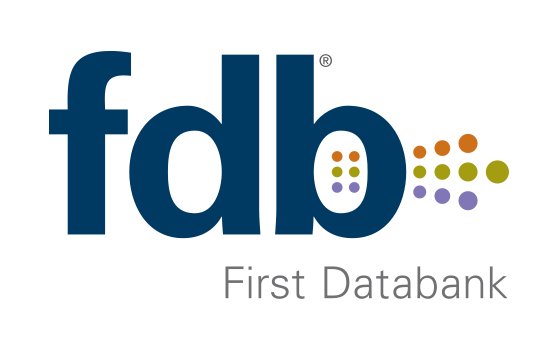 GPs and other prescribers have been prompted more than 5 million times in the last 12 months to encourage patients to take action to look after themselves, rather than relying on medication from their doctor.
GPs and other prescribers have been prompted more than 5 million times in the last 12 months to encourage patients to take action to look after themselves, rather than relying on medication from their doctor.
A national analysis of how practices in two thirds of England’s CCGs use a prescribing decision support technology called OptimiseRx found that thousands of professionals had been acting on the alerts, helping prescribers to comply with self-care prescribing guidelines from NHS England. Published in April 2018, the guidance recommends that practices should promote self-care when appropriate to reduce costs, discouraging prescriptions for medications such as vitamin and mineral supplements, antifungal treatments, and laxatives for minor illnesses.
The news follows the finding last year that GPs across the country had saved at least £100m by responding to alerts to prescribe alternative and lower cost medicines for patients.
The technology works in practice by enabling the presentation of NHS prescribing guidance and alerting GPs,at the point of prescribing, in their existing clinical IT system when over counter medicines should not be routinely prescribed, and where self-care is more appropriate.
Analysis conducted between April 2018 to the end of March 2019 showed that5 million such alerts were sent to prescribers, resulting in avoided costs to the NHS of over £10 million. This is helping to achieve NHS Long Term Plan ambitions of reducing prescribing costs by more than £200m a year and is helping to tackle wider national priorities such as over-prescribing.
NHS England’s 2018 guidance also looked to reduce the use of medications with limited clinical evidence, such as probiotics. It also highlighted NHS England-funded medicines that should be referred to secondary care, for conditions including cancer and cystic fibrosis, which are not to be prescribed in primary care. By using OptimiseRx to comply with the guidance, GPs have in total saved more than £10m in the last year alone.
The technology has traditionally been used to help GPs make decisions that comply with local and national prescribing priorities. This includes alerting doctors when more cost-effective alternatives are available, and by providing patient-specific prescribing recommendations based on the patient’s record.
Darren Nichols, Managing Director, FDB comments: "By working with practices across the country, we recognise the need for accurate, actionable information when prescribing decisions are being made. Using technology to remind GPs of ever evolving prescribing policy, including that around self-care and appropriate medication decisions, and ensuring that this is patient-specific, means that practice prescribers can rapidly access information that is appropriate for their patients. They can then make informed prescribing decisions that benefit the patient and the practice.From just one year's worth of data, we can see the tremendous impact that such information can have."
NHS England’s 2018 guidance can be found at https://www.england.nhs.uk/medicines/conditions-for-which-over-the-counter-items-should-not-routinely-be-prescribed/
About FDB
FDB (First Databank), part of the Hearst Health network, is the leading provider of drug knowledge that helps healthcare professionals make precise decisions. With thousands of customers worldwide, FDB enables our information system developer partners to deliver valuable, useful, and differentiated solutions. We offer four decades of experience in transforming medical knowledge into actionable, targeted, and effective solutions that help improve patient safety, operational efficiency, and healthcare outcomes.
About FDB OptimiseRx
FDB OptimiseRx®is the leading medicines optimisation solution for primary care in the UK. OptimiseRx combines evidence-based best practice, safety and cost-effective prescribing messages, and delivers them in real time at the point of care during the prescribing workflow.Used across more than 60% of NHS Clinical Commissioning Groups (CCGs) and Health Boards and thousands of GP practices, OptimiseRx is trusted and valued by prescribers. OptimiseRx is the only solution that delivers patient-specific prescribing guidance, integrated with prescribing workflows, supporting medicines optimisation at the point of care in EMIS Web, TPP SystmOne and Microtest Evolution. Tailored to the patient medical record, OptimiseRx takes into consideration current and previous medications, morbidities, observations and measurements to support prescribers to make the safest, most clinically appropriate prescribing decision.